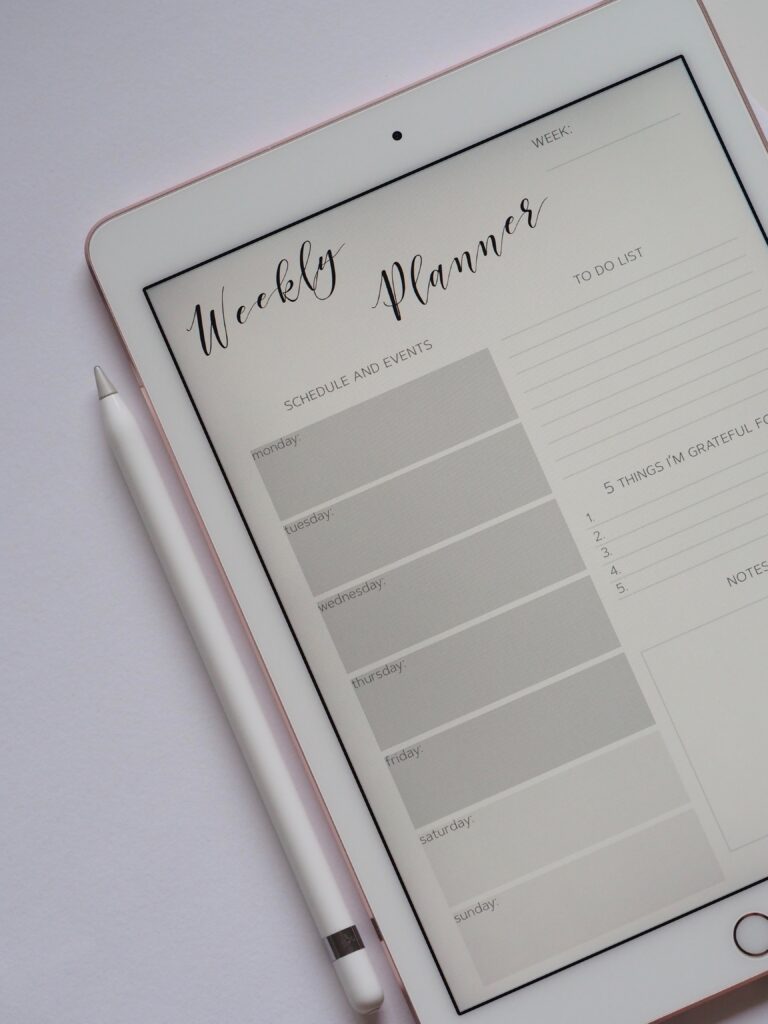Mental Health In The Workplace: How You Can Help

Mental Health in the workplace is such a taboo topic, considering over 729 million people world-wide suffer in some shape or form. It’s important for employers to take the matter seriously, especially now that the pandemic is finally easing and the long-term effects of what has been a mentally-draining, challenging and isolating time are starting to show.
There are so many different types of mental health issues, that it disallows a ‘one shoe fits all’ scenario. It’s not as easy as finding a solution that benefits everyone, or creating a cure that magically makes everyone feel that little bit better. What works for one, will not necessarily work for another. That is why I want to look at a variety of methods that employers can use to ensure their employees know that they are not alone after so long of everyone feeling alone.
Common mental health issues affect the majority of the population. It is believed that almost everyone will experience some form of depression or anxiety at some point in their life. Whilst these feeling can be somewhat normal, it is when a persons day-to-day life begins to be affected that action needs to be taken.
Why is it important to talk openly about mental health in the workplace?
As an employer, you have a duty of care. A duty to do all you reasonably can to support your employees wellbeing, health and safety. Being able to openly talk about ones mental health issues may mean that problems are less likely to ‘build-up’. This could lead to an improved morale in the workplace and less time off for mental health reasons.
Treating mental and physical health as equally important will also help to ensure an employee feels supported at their workplace. A person should never feel that their issue is not as important as someone’s who is sitting next to them due to theirs not being physical.

Adjust working hours
A job is there to be done, which everyone in the working world completely understands. However, sometimes it’s best for a person who is struggling to take a break to recollect themselves. After all, you can’t expect an employee to be doing their best at their job when they’re not feeling the greatest. Adjusting their working hours so that they can get some more rest or time to attend appointments, even if only temporary, can make a huge difference. It can release so much pressure from a person shoulders, who may not feel like they can ask for the much needed time off. Adjusting work hours doesn’t mean giving them free time off. It can be as simple as allowing them to start and finish an hour later. Or working from home 1 or 2 days a week. This is a partnership and in the end, will be beneficial for everyone.
Regular 1-2-1 meetings
1-2-1 meetings are a great way to stay connected to an employee, and for them to know that they will have time to speak to you about anything they need to without the listening ears of other colleagues. These meetings can bring a lot to the surface about an employees feelings and struggles, and they are a great way for you to help them come to a resolution. It is important to build a good relationship with your employees so they can feel comfortable expressing their concerns to you
Go out of your way to check that they are okay
Sometimes, a simple ‘Are you okay?’ can be enough to let a person know you care about them. Regularly checking up on an employee throughout their shift can make the world of difference. It’s a simple yet effective sentence that can help you keep track of how your employees are feeling.

Organise and Prioritise
If you have time, sit down with them and take a look at what work they are currently doing and what needs to be done. Help them organise and prioritise. Sometimes a bit of organisation can go a long way. It’s great to give your employees space to be independent and self sufficient, but make sure to give them guidance on what you expect from them and help them to fulfil their role to the best of their ability. Leaving them to just predict or guess what you want from them can lead to work being done incorrectly or tasks missed all together. Make your exceptions clear so that your employees don’t feel overwhelmed and stressed.
Don’t Overload
If you’re adding extra or new additional tasks onto someones workload that wasn’t previously discussed in their contract. Open up a line of honest communication with the employee so that you can decide whether they are to take on this extra workload. If not, perhaps giving them more time or sharing this responsibility with another employee.
The best employer/employee relationships are a partnership. Everyone wants to get the job done to it’s highest standard and by having an open line of communication and learning to understand what you’re employees need to be able to do the jobs to the best of their abilities, is beneficial for everyone.





